Root to Resonance: A Soulful Yoga & Sound Journey
In-Person
445 Summit Rd, Watsonville, CA 95076
INSTITUTE
STUDY AT THE SCHOOL OF YOGA & COLLEGE OF AYURVEDA
at Mount Madonna, California
Come study with us. Become part of a community of life-long learners. Each school, rooted in authentic, classical knowledge, teaches the ethical and professional standards necessary to develop meaningful careers.
The School of Yoga, launched in 1978 in Norther California, offers Yoga Teacher Training programs (in person and online) that are recognized by the national Yoga Alliance (YA) and a Yoga Therapy program accredited by the International Association of Yoga Therapists (IAYT).
The College of Ayurveda, launched in 2006, offers five levels of training, two recognized by the National Ayurvedic Medical Association (NAMA) and our signature program: the WASC accredited Master of Arts in Ayurveda.

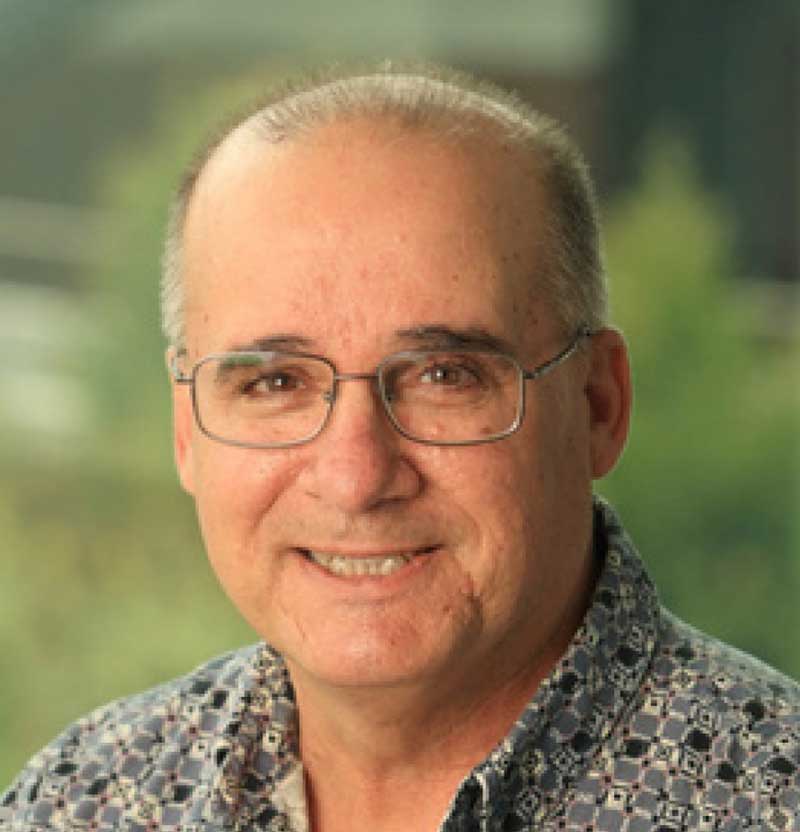
Our modern world speaks loudly of the need for each of us to be more connected to the divine (the universal element within each of us), to each other, and to Mother Earth, by whose grace we attempt to steward this fragile planet. The ways of the modern world often fail to create these connections. Similar challenges also plagued the early human family, and solutions both spiritual and physical were set out in the Vedas, the scriptural texts of ancient India.
Mount Madonna Institute is proud to offer certificates and degrees steeped in these ancient teachings as communicated to us from our Guru, Baba Hari Dass. Our 200 and 300 hour Yoga Teacher Trainings, offered annually since 1978, are unparalleled in their scope and quality.
Our Ayurveda certificate and degree programs, culminating in our WASC Accredited Masters of Ayurveda, prepare practitioners for careers in Integrated Medicine who are well equipped to help clients address medical problems and cultivate dietary and lifestyle practices for optimal health. Nearly 1,000 students have graduated from the Mount Madonna Institute’s certificate and degree programs over the past fifteen years. These graduates are both our legacy and our means of paying these Vedic gifts forward.
As a scientist educator and longtime student of Baba Hari Dass, it is an honor to serve as president of Mount Madonna Institute, as we strive to help our students embody ancient teachings and practices that have never been more necessary than they are today. Whether you seek greater meaning on your own path, or seek to serve others as a teacher or practitioner of the healing arts, I am confident that you will find the programs of the Mount Madonna Institute to be authentic, rich, and deeply rooted in the source teachings.
Swarup Wood, Ph.D.
President, Mount Madonna Institute
The Office of Institutional Effectiveness is responsible for coordinating institutional research, strategic planning, and assessment responsibilities. The office provides action-oriented data that helps decision-makers foster student success and institutional effectiveness.
Some activities to support the institute include:
Institutional Research and Planning
Assessment of Student Learning
Program Review
To promote educational effectiveness at Mount Madonna Institute, student learning outcomes were developed. These outcomes describe what students’ knowledge, skills or attitudes should be by the end of their program.
Institutional Learning Outcomes
MMI’s Institutional Learning Outcomes (ILOs) reflect the broader mission of the institution and as such are a hallmark of education at Mount Madonna. The ILOs represent an overarching set of learning outcomes at the completion of graduates’ training, regardless of specific discipline studied.
ILO 1: Intellectual Inquiry
MMI graduates explore purpose and meaning through scholarly activity and demonstrate skill in critical thinking and effective communication.
ILO 2: Personal, Professional, and Social Responsibility
MMI graduates demonstrate ethical reasoning, intercultural awareness, leadership and collaboration, and commitment to service.
ILO 3: Integrative Knowledge
MMI graduates synthesize body-mind-spirit knowledge, experiences, skills and practices to promote optimal well-being in themselves and in their communities.
ILO 4: Specialized Knowledge
MMI graduates creatively apply knowledge, theories, methods and practices in their chosen field to contemporary life opportunities and challenges.
Program Learning Outcomes for MA-Ayurveda
Upon successful completion of the Master’s Degree Program in Ayurveda, a student will be able to do the following:
PLO 1: Ayurveda Framework of Health: Apply Ayurveda framework when considering disease prevention and management.
The student will be able to analyze, develop and evaluate the Ayurveda framework for disease prevention and management for optimal well-being.
PLO 2: Clinical Practice: Demonstrate synthesis and application of the Ayurveda Framework through supervised clinical experience and patient assessments.
The student will be able to investigate, design and document therapeutic recommendations.
PLO 3: Research Analysis: Investigate, integrate and assess research for scholarly enhancement in the field of Ayurveda.
The student will be able to identify, interpret, examine, and synthesize research on disease prevention and management as it applies to Ayurveda.
PLO 4: Ayurveda Integration: Function effectively as an Ayurveda health specialist, adapting Ayurveda for an integrative approach to health.
The student will be able to interpret, discriminate, and formulate the Ayurveda framework with a clear understanding of their scope of practice within healthcare subsystems to deliver excellent care and education for clients and the community.
The overarching purpose of assessment is to support the stated mission of MMI. In developing the assessment framework, MMI has employed a systemic process for evaluation of courses embedded within the academic degree program, the Master of Arts degree in Ayurveda. We also incorporate the professional competencies that the National Ayurveda Medical Association (NAMA) expects of graduates of high-quality Ayurveda programs. MMI is committed to the following goals for the assessment process:
The Assessment and Program Review Plan is available upon request.
Program Review is a systematic way to assess and improve the quality of MMI’s academic program, the Master of Arts degree in Ayurveda. The purpose of program review is to assure that the faculty and administration are providing a high-quality professional graduate program and to find ways to improve the quality of education, scholarship, and service at MMI.
In 2016, we undertook a complete Program Review Self Study of the Master of Arts degree in Ayurveda, which was completed in January 2019 and submitted for external review. This report was prepared by the Program Review Committee made up of College of Ayurveda Faculty, MMI Administrators and staff, one MMI Board member, and one College of Ayurveda alum/currently registered student. We decided to take such a broad approach in order to fully understand the quality of the Program.
MMI and its College of Ayurveda recognizes that this is a working document that will require continual reflection and revision as the review process continues. An external review was completed in February 2019. An Action Plan was approved in July 2019. These reports are available upon request.
Institutional Research encompasses gathering, structuring, overseeing, and analyzing institutional data, as well as devising enduring strategies for disseminating this data in answer to inquiries from both internal and external entities. This includes but is not limited to producing various cyclical and ad hoc reports for departments, administrators and committees on enrollment, academic performance, outcomes assessment, and accreditation.
Send an email with your contact information to jen.rand@MountMadonna.org

Originating within the ancient cultures of the Indus Valley and the Vedic tradition, Ayurveda is the longest surviving, complete system of healthcare in continuous use for 5,000 years! Today, this timeless “science of life” has become a holistic complement to modern medicine and is recognized as such by the National Institute of Health.
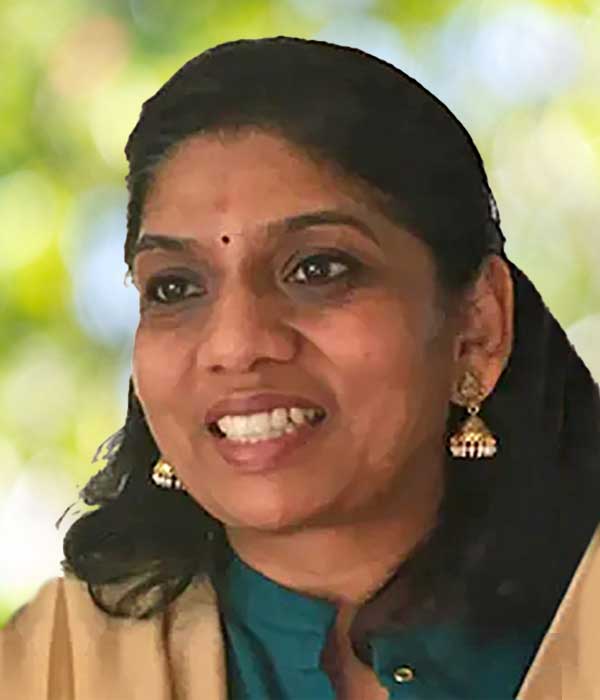
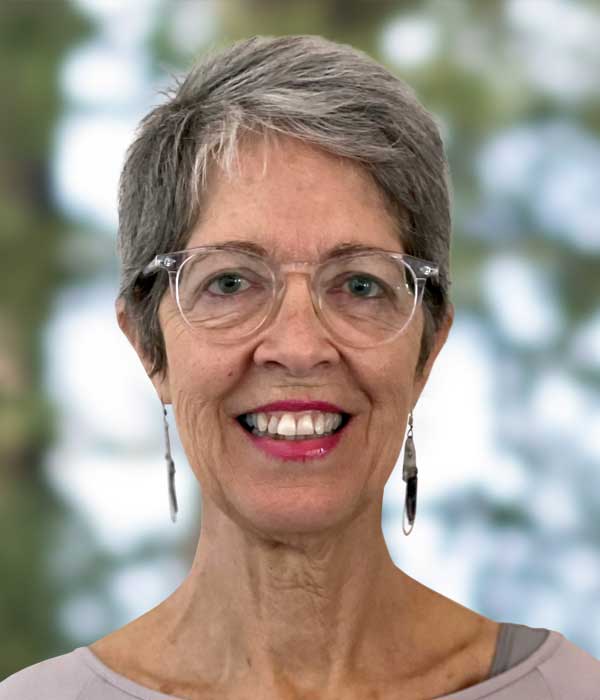
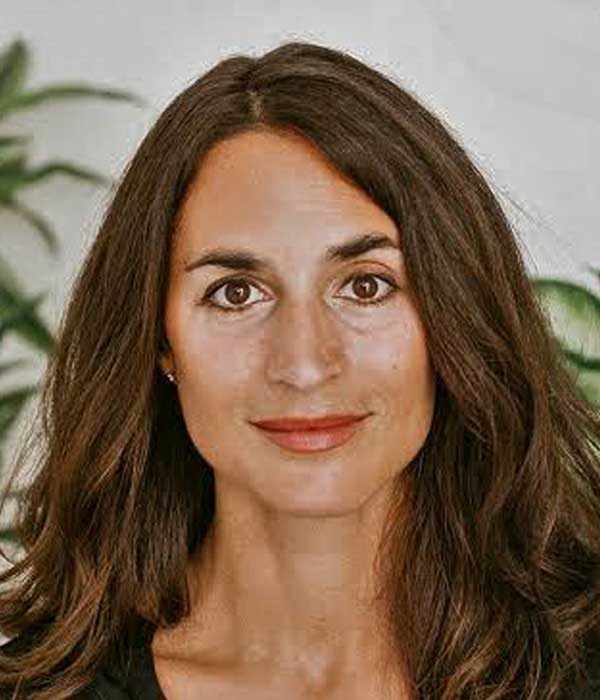

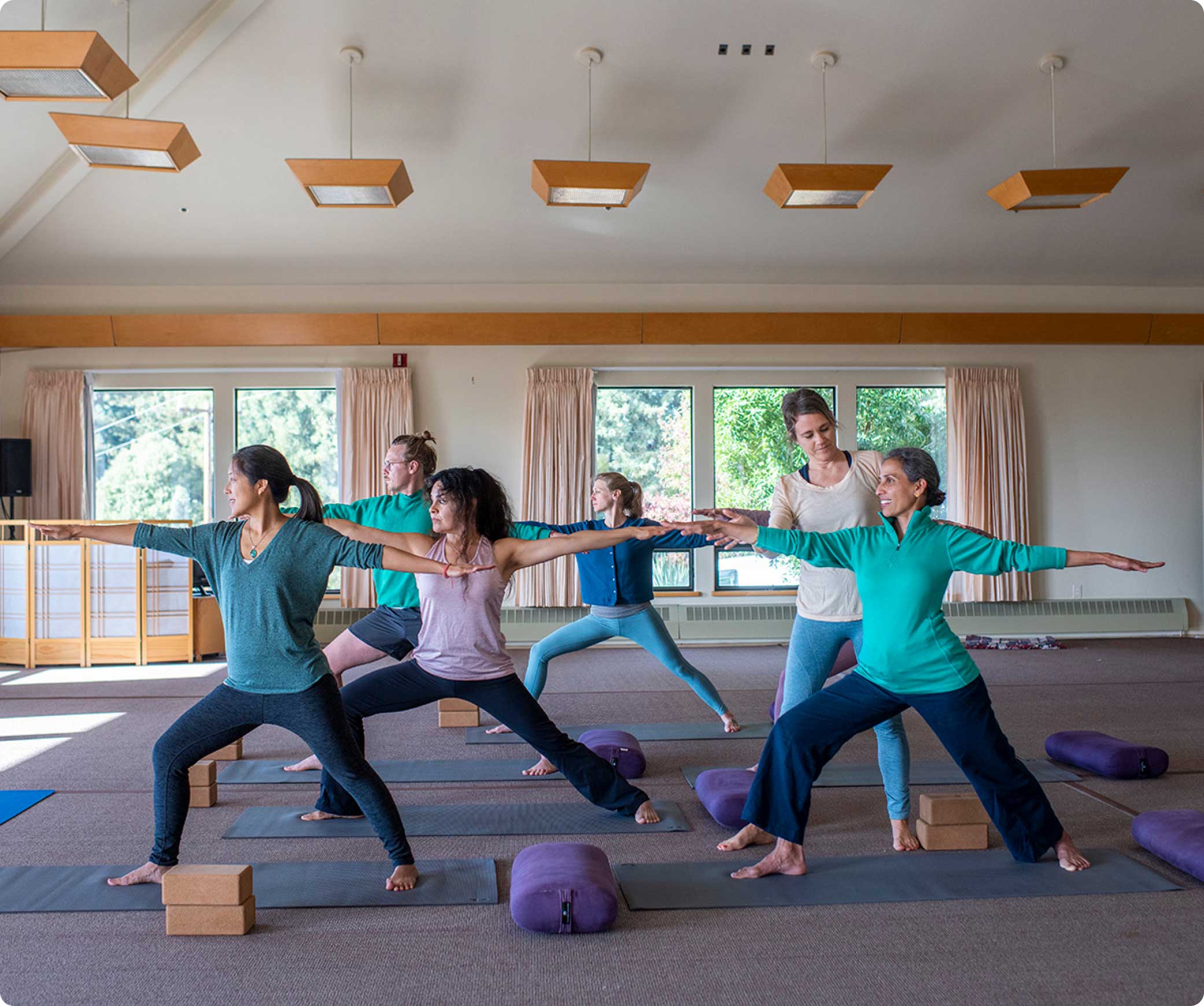
Our in-depth yoga trainings have developed and grown since they began in 1978. Today our yoga teacher training programs are among the most comprehensive of their type. Students are guided and supported by a faculty of 30 senior yoga teachers, mentors, and an entire intentional community. Our programs expand your personal study and practice of yoga, and offer foundational skills needed for teaching a well-rounded yoga class.
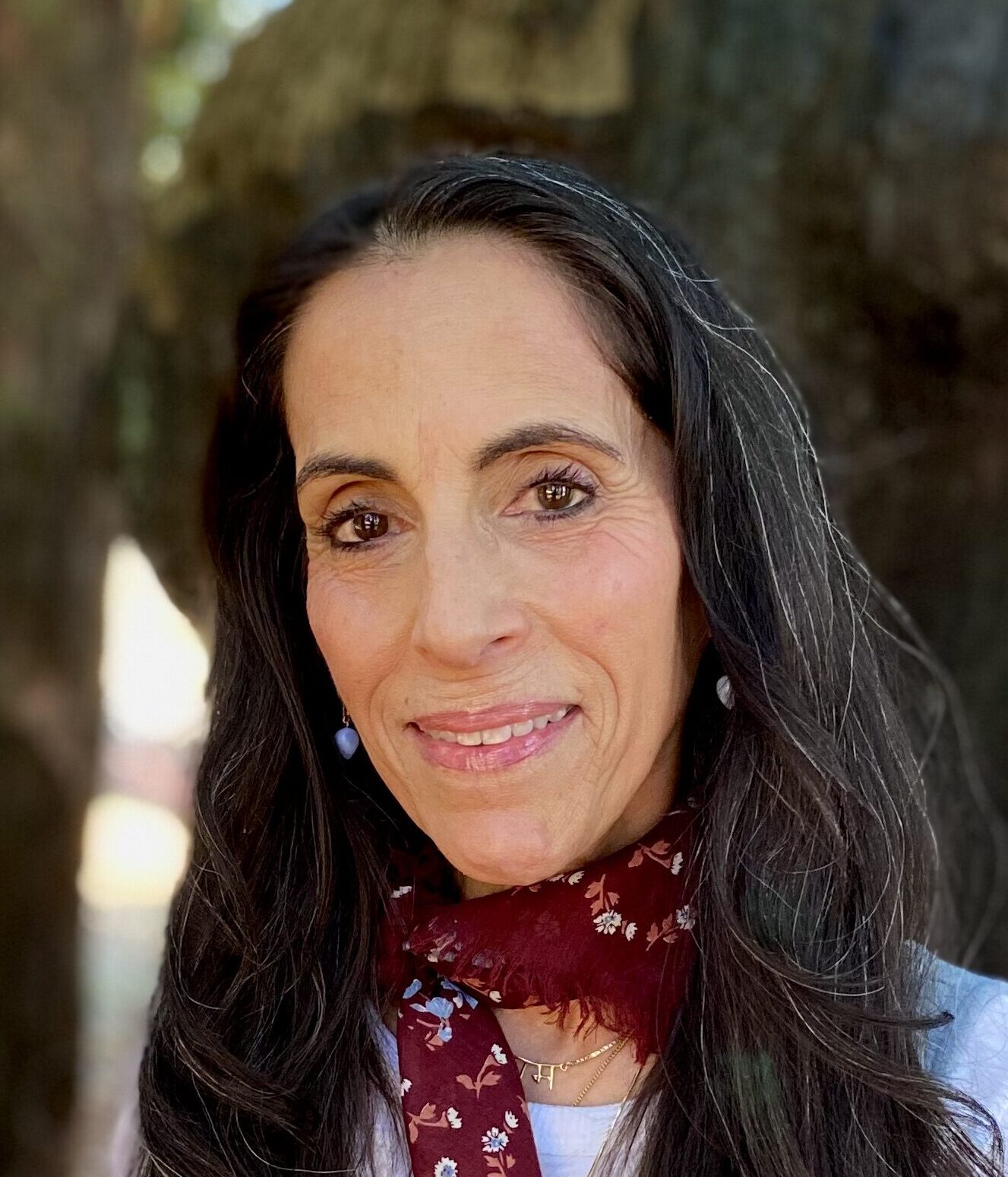
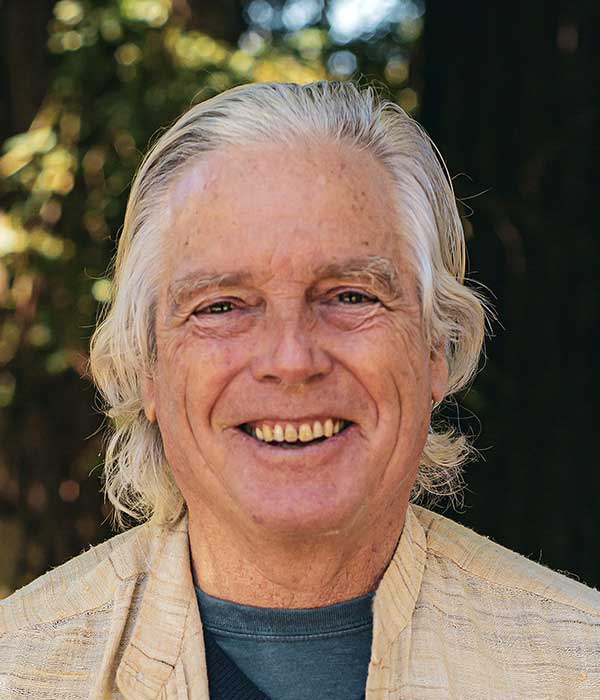
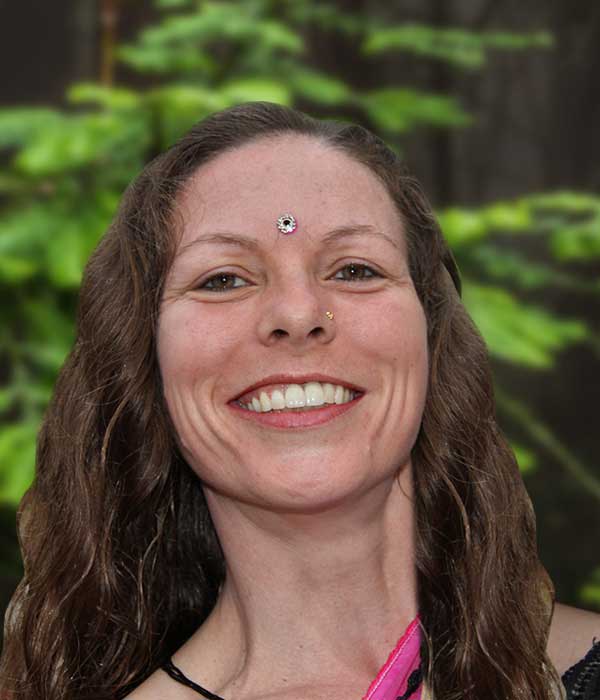
In-Person
445 Summit Rd, Watsonville, CA 95076
In-Person/Online
445 Summit Rd, Watsonville, CA 95076
In-Person
445 Summit Rd, Watsonville, CA 95076